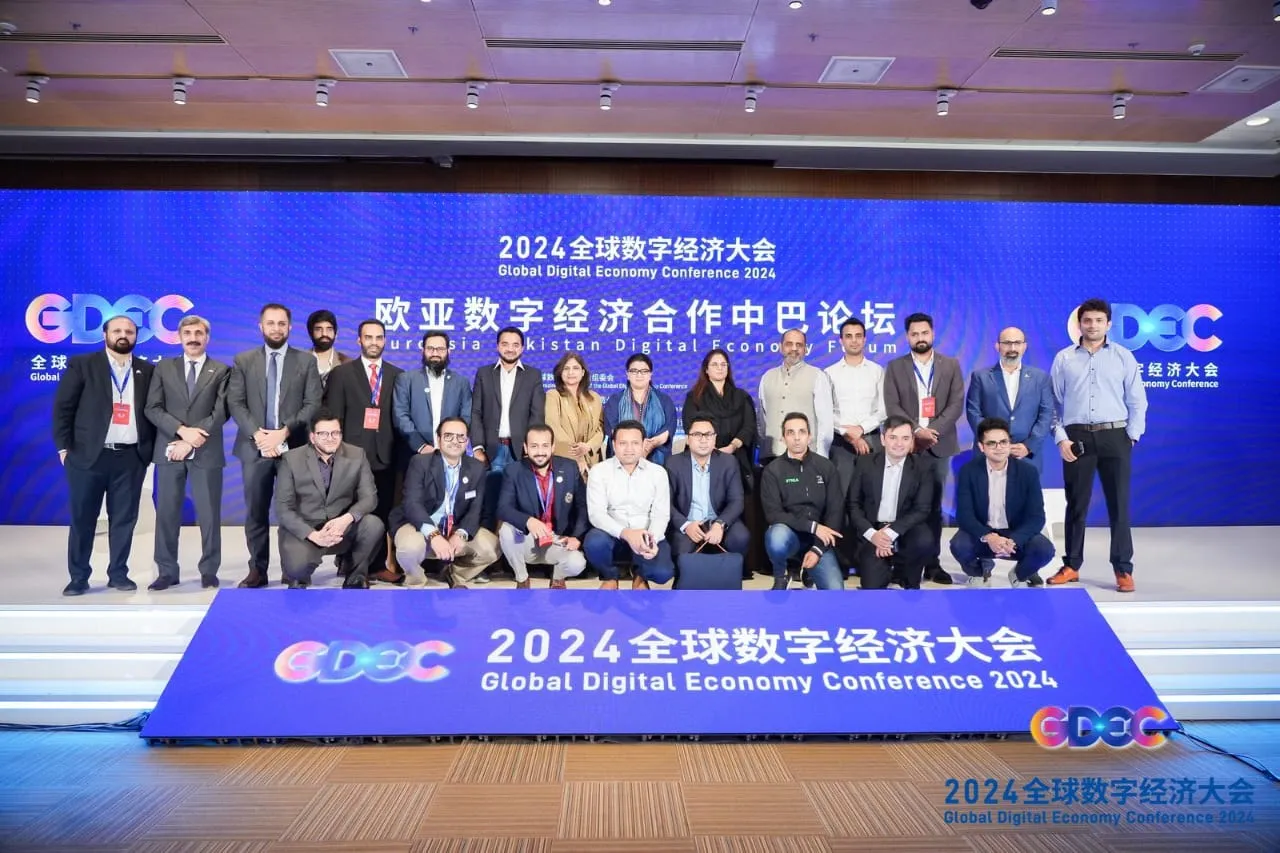A recent study by the Pakistan Institute of Development Economics (PIDE) points to extensive government involvement as a major impediment to Pakistan’s GDP growth. Launched on Wednesday, the report highlights the pressing need for a shift away from “absolute policies” on import substitution and export promotion.
VC PIDE Dr. Nadeemul Haq, Deputy Chairman of the Planning Commission Dr. Mohammad Jehanzeb Khan, and Special Secretary of the Ministry of Commerce Sarah Saeed were key figures at the report’s launch event.
The study underscores that the government’s participation in over 70% of economy-related activities hinders market development and overall growth. The cost of regulation, estimated at over 60% of the GDP, is identified as a significant burden impacting segments constituting more than half of the GDP.
To address these challenges, the study advocates for an immediate shift towards integrating Pakistan’s commerce and industry into the global value chain, criticizing the current strategy of isolating itself from global markets through market fragmentation.
Identifying systemic failures in diversification across manufacturing, exports, and domestic markets, the study critiques import substitution policies, citing the Mobile Phone Manufacturing Policy, 2020, as an example.
Proposed solutions include market deregulation in sectors like real estate, improvements in tax documentation to attract large multinational businesses, and addressing obstacles in international trade such as high tariff cascading, slow progress in advancing up the export product value chain, and limited export destinations.
Despite these recommendations, the study acknowledges the government’s reliance on borrowing and external lenders for policy decisions as a major obstacle.
Urban design, zoning regulations, and city planning are also flagged as negative influences on businesses in Pakistan. The study highlights the dominance of family-owned businesses in the stock market, impacting market efficiency.
Deputy Chairman of the Planning Commission Dr. Mohammad Jehanzeb Khan acknowledged PIDE’s role in spearheading research for the nation’s immediate needs. Special Secretary Commerce Ministry Dr. Sara Saeed commended PIDE’s efforts and suggested the establishment of a separate domestic commerce department and enhanced coordination between federal and provincial governments to shape policies supporting the external trade sector and domestic commerce.
Stay tuned for further insights and updates on how these findings may shape economic policies in Pakistan.





